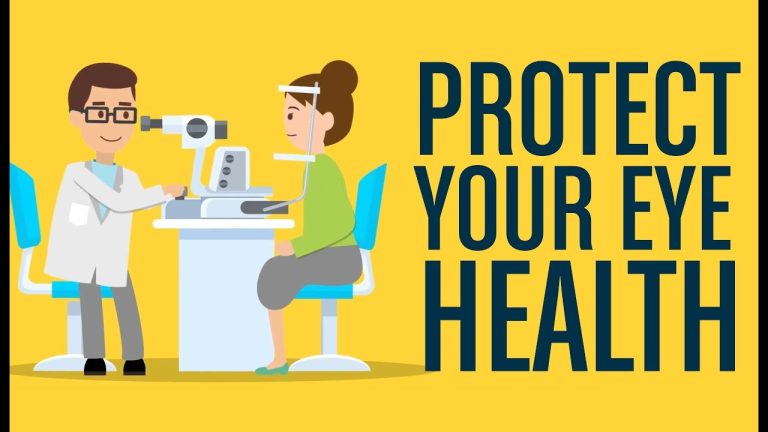Preventing Flap Complications: Essential Guide for Optical and Vision Care Product Users
Flap complications refer to the adverse effects that can occur after a corneal flap has been created during laser eye surgery. Laser eye surgery, also known as LASIK, has become an increasingly popular procedure in recent years due to its effectiveness in correcting vision problems such as myopia, hyperopia and astigmatism.
While the vast majority of patients who undergo LASIK achieve satisfactory results, there is a small risk of flap complications which can result in delayed healing, discomfort, blurred vision and even permanent damage to the eye. It is therefore essential that anyone considering LASIK is aware of the possible risks and complications.
Types of Flap Complications
Flap complications can occur during or after the LASIK procedure. The most common types of flap complications include:
- Free Flap – This is where the corneal flap is completely detached during the LASIK procedure.
- Buttonhole Flap – This is where a small opening or tear is created in the center of the corneal flap, compromising its integrity.
- Flap Striae – This is where wrinkles, folds or irregularities are seen on the corneal flap after it has been replaced following the LASIK procedure.
Causes of Flap Complications
Flap complications can be caused by a number of factors, including:
- Incorrect Flap Creation – If the corneal flap is cut too deeply, too shallowly or at the wrong angle, this can cause complications.
- Poor Wound Healing – Any condition that affects the body’s ability to heal wounds, for example, auto-immune disorders or diabetes, can increase the risk of flap complications.
- Limited Corneal Thickness – If the cornea is too thin, this can cause complications during the LASIK procedure or affect the final outcome.
Preventing Flap Complications
The good news is that in most cases, flap complications can be prevented by choosing an experienced, qualified eye surgeon and following their pre-operative and post-operative instructions carefully. It is also important to inform your surgeon of any medical conditions, medications or allergies you have that may affect the outcome of the procedure.
Conclusion
While flap complications are rare, they do occur and can have serious consequences. Anyone considering LASIK should weigh the potential benefits against the possible risks and make an informed decision with the help of their eye care professional.
Contents
Most wanted in Hoya Vision:
What are prism eyeglass lenses?
Hoya Lens Engravings
What brand lenses does Costco use?
What does +0.25 mean on an eye test?
Do tinted glasses help with migraines?
Should eyeglasses cover eyebrows?
Hoya Identification Chart
What LED light is best for broken capillaries?
Does hyperopia worsen with age?
What is the difference between Ray Ban RB and Rx?
















